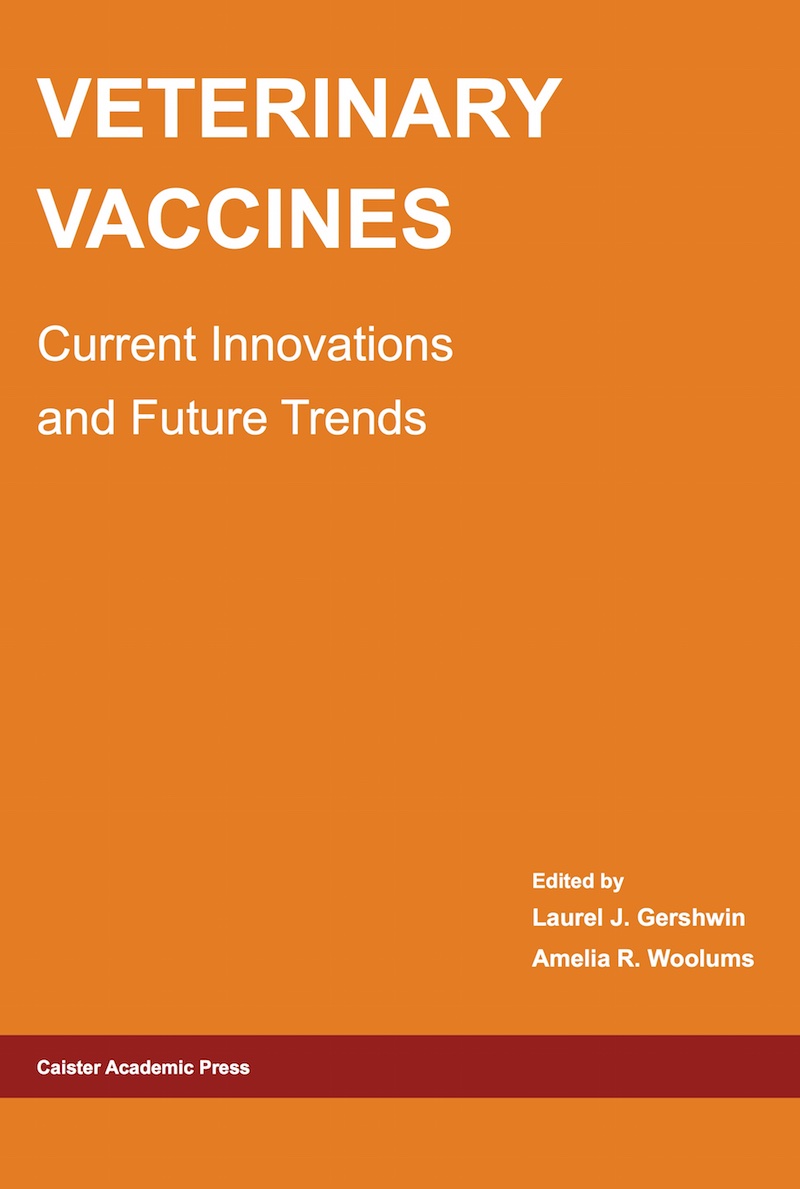Within-Host Envelope Remodelling and its Impact in Bacterial Pathogen Recognition
M. Graciela Pucciarelli and Francisco García-del Portillo
from: Bacterial Evasion of the Host Immune System (Edited by: Pedro Escoll). Caister Academic Press, U.K. (2017) Pages: 43-60.
Abstract
Following colonization of host tissues, bacterial pathogens encounter new niches in which they must gain access to nutrients and cope with stresses and defence signals generated by the host. For some pathogens, the adaptation to a new 'within-host' lifestyle involves modifications of envelope components that bear molecular patterns normally recognized by the host innate immune system. These new modified patterns limit host recognition, therefore promoting immune evasion and pathogenicity. In this review, we describe how envelope components like the peptidoglycan or lipopolysaccharide can be altered within the host to impair responses triggered by pattern recognition receptors (PRR). We also discuss the few cases reported to date of chemical modifications that occur in the envelope of some intracellular bacterial pathogens when they reside inside eukaryotic cells. These envelope alterations may have evolved due to the sentinel role performed by PRRs over pathogen-specific molecular patterns. The available data indicate that only selected pathogens seem to evade recognition due to 'within-host' envelope changes, with most of them displaying such patterns also in non host environments. Given the importance of these alterations, future studies should focus in the responsible pathogen regulators, most yet unknown, that could be targeted to prevent immune evasion read more ...



